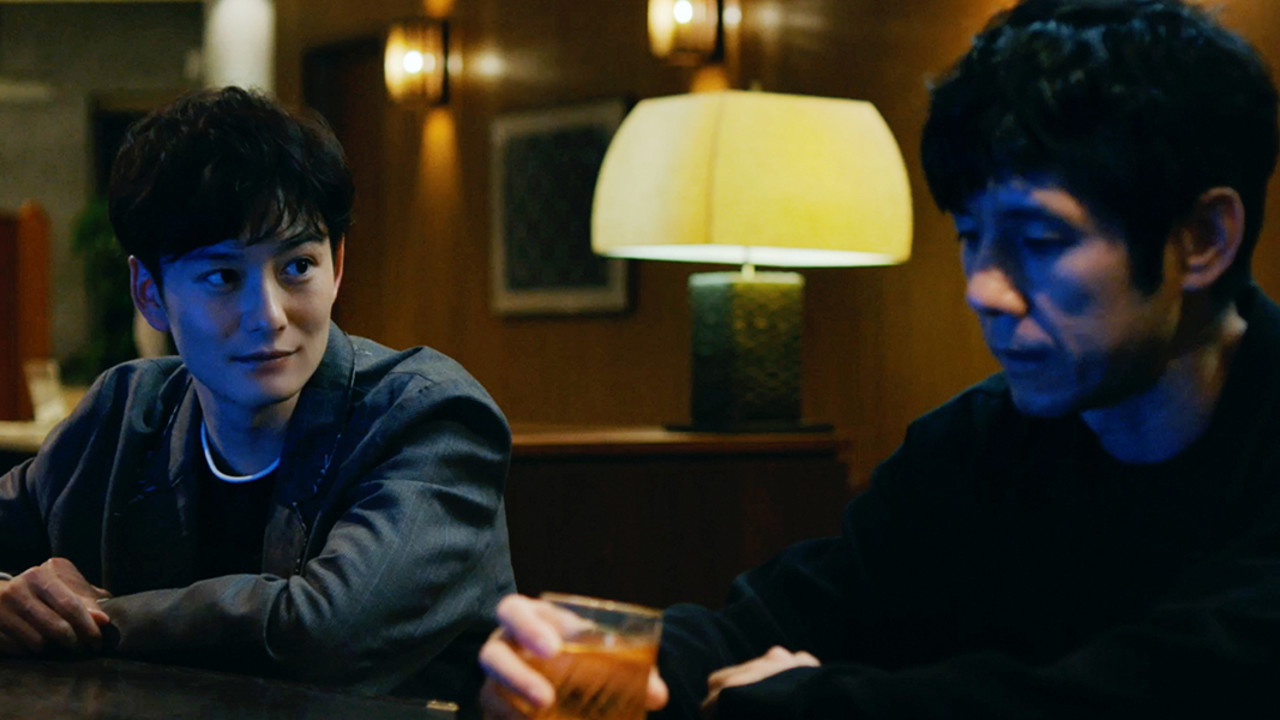Adapted from Haruki Murakami’s short story, Ryusuke Hamaguchi’s film follows two lonely people who find the courage to face the past.

A rising director in the firmament of contemporary Japanese cinema, Ryusuke Hamaguchi marks a prolific 2021 with two important works of cinematic impact and perfectly fluid narrative: Wheel of Fortune and Fantasy, which screened in competition at the Berlinale in February, and his latest, Drive My Car.
A visualization — more than an adaptation — of Haruki Murakami’s eponymous short story, Drive My Car is a road movie sui generis that travels paths of loneliness, loss, and bereavement, and investigates the deepest meaning of artistic representation as a universal key to understanding human nature.
Yusuke Kafuku (Hidetoshi Nishijima) is a successful stage actor and director, married to Oto (Reika Kirishima), a beautiful playwright with many secrets, with whom he shares a beautiful life, a painful past, and a fruitful artistic collaboration. When Oto dies suddenly, Kafuku is left with the many unanswered questions their relationship has always posed, and regret over his inability to truly understand her. Two years later, still incapable of fully coping with his loss, he accepts an offer to direct a play at a theatre festival and drives to Hiroshima in his immaculate, flaming red Saab 900. At his destination, having to comply with the strict festival rules, he will have to let Misaki Watari (Toko Miura), a taciturn young woman and a very skilled chauffeur, drive his car.
Travelling the bluish hues of Hamaguchi’s landscapes and settings, the bright red car strikes the eye and the imagination — a special host to memories and sorrows, listener to hundreds of lines from plays recited by Kafuku like ritual litanies, and the special central character of a special movie.
GIOVANNA FULVI
Screenings
Scotiabank 4
TIFF Digital Cinema Pro
Scotiabank 1
digital TIFF Bell Lightbox
TIFF Bell Lightbox 4
digital TIFF Bell Lightbox